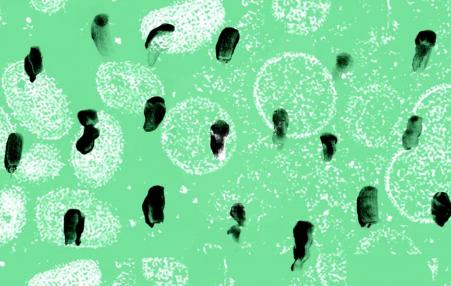No One Knows What’s Inside the Smallpox Vaccine
The Atlantic
So, Have You Heard About Monkeypox?
The Atlantic
In the 1770s, First Smallpox Vaccinator was Abused, Not Thanked
Hollywood Progressive
Benjamin Franklin’s Fight Against a Deadly Virus
The Conversation
The Truth About the Measles - The return of the world's most contagious disease.
The Nation
 Measles, like polio and smallpox, is a horrible disease - it's still a major killer of young children in the developing world. The creation of a vaccine was widely welcomed. Measles is so contagious that it is used as the indicator disease to show deficits in immunization coverage of all vaccine-preventable diseases-which means the problem goes well beyond measles. We are now seeing outbreaks of whooping cough in the US, mumps in Britain and tuberculosis more widely.
Measles, like polio and smallpox, is a horrible disease - it's still a major killer of young children in the developing world. The creation of a vaccine was widely welcomed. Measles is so contagious that it is used as the indicator disease to show deficits in immunization coverage of all vaccine-preventable diseases-which means the problem goes well beyond measles. We are now seeing outbreaks of whooping cough in the US, mumps in Britain and tuberculosis more widely.
Smallpox: The Long Goodbye
Bulletin of the Atomic Scientists
 American and Russian officials always insist that their smallpox repositories, under WHO oversight, are well guarded. But experience tells us that scientists working in laboratories with the highest biosafety standards are still caught off guard by technical breakdowns, that their staffs make mistakes and break rules, and that a predictable institutional reflex is to cover up blunders.
American and Russian officials always insist that their smallpox repositories, under WHO oversight, are well guarded. But experience tells us that scientists working in laboratories with the highest biosafety standards are still caught off guard by technical breakdowns, that their staffs make mistakes and break rules, and that a predictable institutional reflex is to cover up blunders.
One Weird Tip to Not Die of Smallpox
Public Library of Science









Spread the word